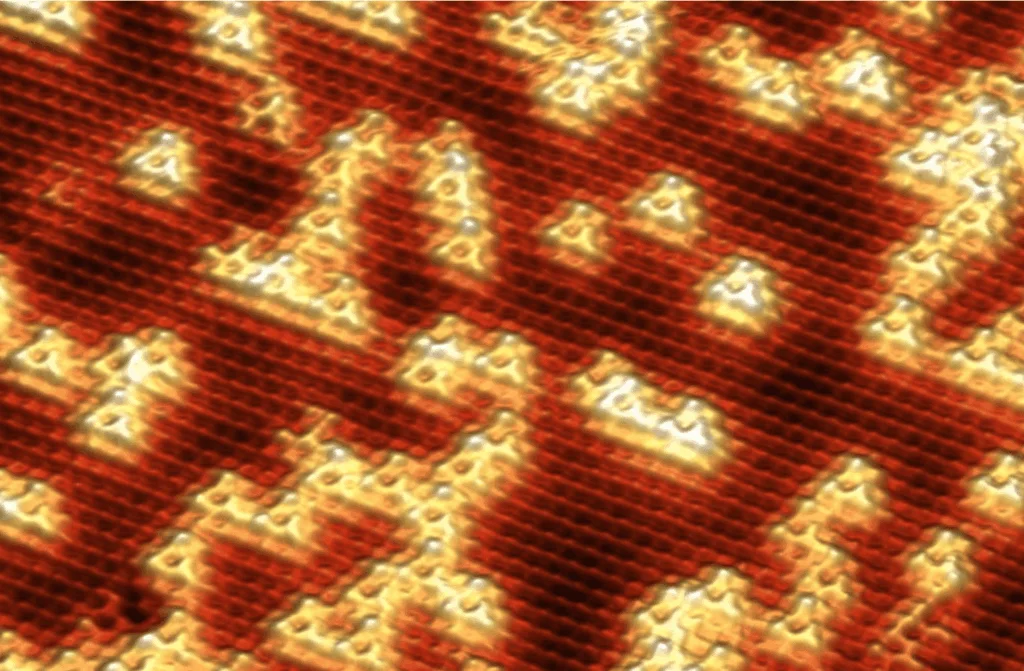Insider Brief
- Startup Kitchen reports Tensor Ventures has launched a new deep-tech fund aiming to raise EUR 50 million, focusing on advanced sectors like quantum technologies, biotech and energy, following the success of its first EUR 18.5 million fund over the past four years.
- The new fund will allocate half of its capital to startups in the Czech Republic, with the other half going to promising global startups, and includes a new focus on space technologies, alongside established sectors like quantum and biotech.
- The European Investment Fund has committed EUR 20 million to the second fund, highlighting growing institutional interest in deep-tech investments, particularly in early-stage startups developing complex and high-potential technologies.
- Image: Tensor Ventures
Tensor Ventures, a deep-tech fund focused on quantum technologies, biotech and other advanced sectors, has officially launched a new fund aiming to raise EUR 50 million, following the conclusion of its first investment period, as reported by Startup Kitchen.
Over the past four years, the Czech-Luxembourg-based firm, led by Roman Smola, Martin Drdul, and Petr Ulvr, invested EUR 18.5 million into 20 startups worldwide, according to Startup Kitchen.
The new Tensor Ventures fund is set to provide investors with access to a range of deep-tech sectors, including quantum technology, biotech, security tech, Software 2.0, energy, and climate tech. For the first time, the fund will also include opportunities in space technology. The team is expanding with the addition of Ondřej Ptáček as CFO and Jan Faflík, who will lead biotech investments, Startup Kitchen reports.

“Initially, investors joined because they trusted our expertise. It was something new for them, and they knew it was beneficial to invest early in this fast-growing segment,” Smola told Startup Kitchen. “More recently, investors have been motivated by the sector’s resilience to fluctuations in global investment trends, with year-over-year stable growth in deep tech investments.”
Deep-tech startups, which often face challenges in securing traditional funding due to the complexity of their technologies, are now drawing interest for their long-term potential.
The first Tensor Ventures fund saw success with two exits: Czech startup UltimateSuite, which was acquired by U.S.-based ServiceNow, and U.S.-Israeli startup Neuronix AI, purchased by Microchip Technology. Startups backed by the fund included notable quantum companies such as QC82, Quantagonia, and Beit, alongside biotech firms Anari, Solvemed, and HeartBeat.bio. The portfolio also featured companies in industry security, decentralized tech, and energy solutions, according to Startup Kitchen.
One of the key achievements of Tensor Ventures has been its ability to attract institutional investment. The European Investment Fund, Europe’s largest institutional investor, has pledged EUR 20 million to the second fund, which is targeting early-stage startups. This marks a significant step for the fund, which continues to focus on complex, high-potential technologies.
Half of the new fund’s capital will be allocated to startups in the Czech Republic, while the other half will support promising ventures globally.
According to statistics cited by Startup Kitchen, the first fund ranked in the top 20% of venture capital funds on the market, positioning Tensor Ventures for continued success as it moves forward with its expanded focus on deep-tech investment.
The new fund reflects an ongoing strategy to foster the development of technologies like quantum computing, which have the potential to revolutionize industries but require specialized investment due to their early-stage complexities. With its commitment to long-term growth in deep tech, Tensor Ventures aims to provide a stable and high-growth investment opportunity for its stakeholders.















